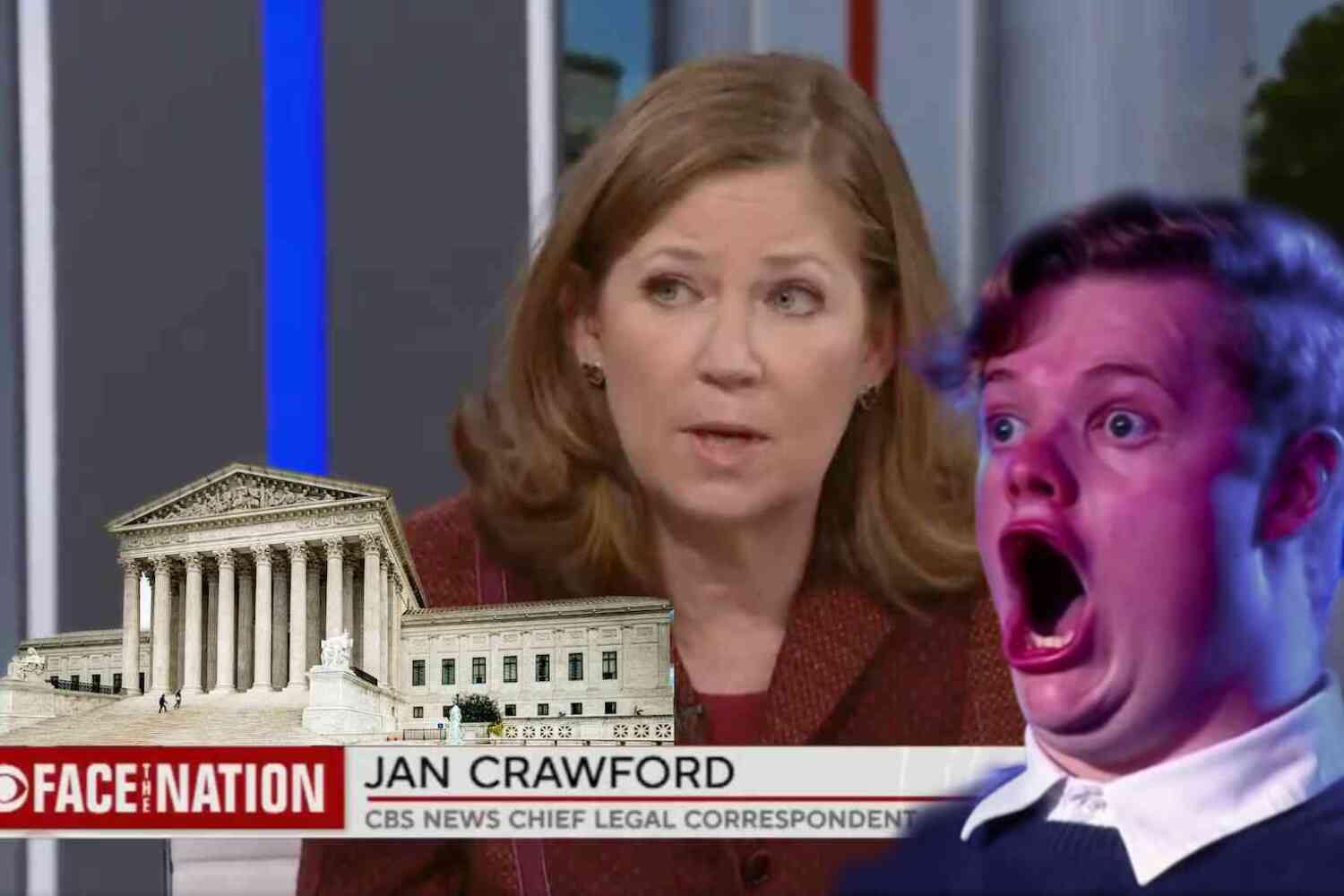There's been growing acknowledgement of the fertility crisis currently looming in America and around the planet; one of the world's richest men, for instance, is constantly remarking on it, and appropriately so:
Data this week from the federal government, meanwhile, underscores the dire straits we'll be looking at in several years:
Over the past three decades, that has become increasingly common in the U.S., as birthrates have declined for women in their 20s and jumped for women in their late 30s and early 40s, according to a new report from the U.S. Census Bureau. The trend has pushed the median age of U.S. women giving birth from 27 to 30, the highest on record.
Of most concern, the drop in fertility was concentrated most pointedly in women who are, age-wise, in the best position to have babies:
While fertility rates dropped from 1990 to 2019 overall, the decline was regarded as rather stable compared to previous eras. But the age at which women had babies shifted. Fertility rates declined by almost 43% for women between ages 20 and 24 and by more than 22% for women between 25 and 29. At the same time, they increased by more than 67% for women between 35 and 39, and by more than 132% for women between 40 and 44, according to the Census Bureau analysis based on National Center for Health Statistics data.
That's not at all good, of course, at least as it applies to the problem of collapsing fertility rates. If fertility rates are going up for women in their 40s, that will mean fewer babies overall; women in their 40s already had much fewer babies than those in their 20s and 30s, which means that they're not going to make up for the drop in fertility among 20-somethings.
Here's the grim reality: If you have way fewer of these today:

...you're going to have way fewer of these 20 years from now:

...which means way fewer people to run, I don't know, power plants:

...and fewer people to come repair your broken appliances:

...and fewer people to stock your grocery store shelves:

Basically the lifestyle we've become accustomed to in the United States in the 21st century—a very high standard of living brought about by an incomprehensibly vast and diverse network of well-staffed industries and professions—ceases to exist if you don't have enough people to run it.
In summary: Have more babies, don't listen to the weirdos saying the world is ending.
P.S. Now check out our latest video 👇









